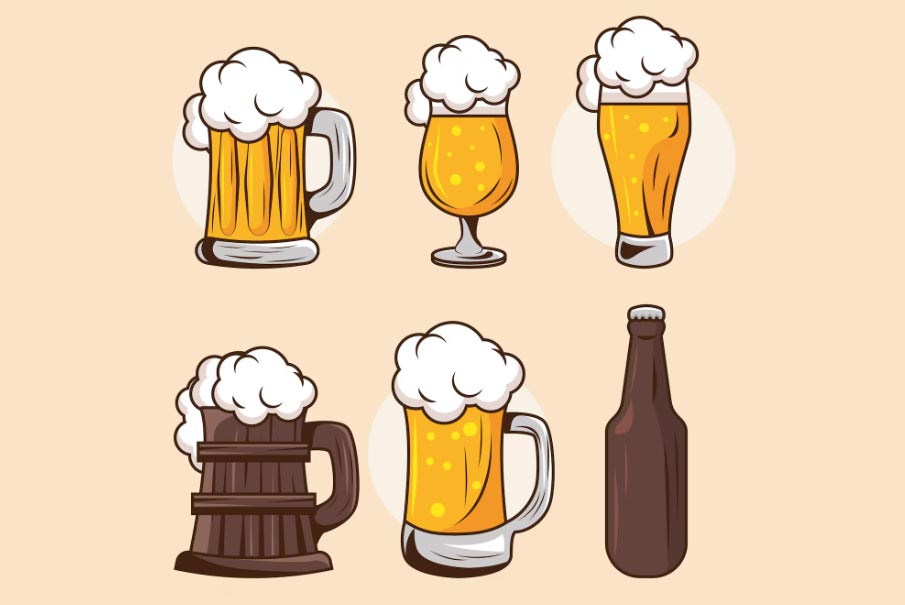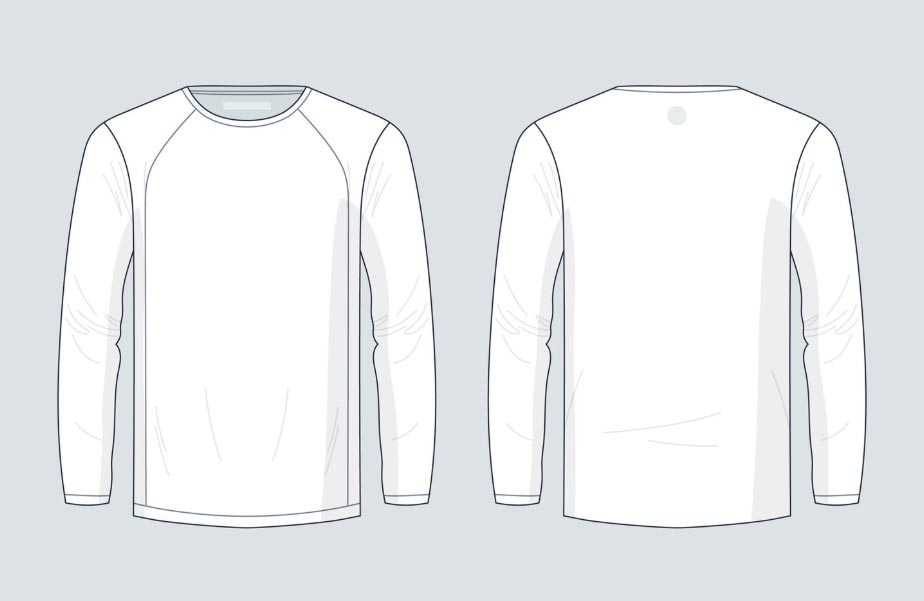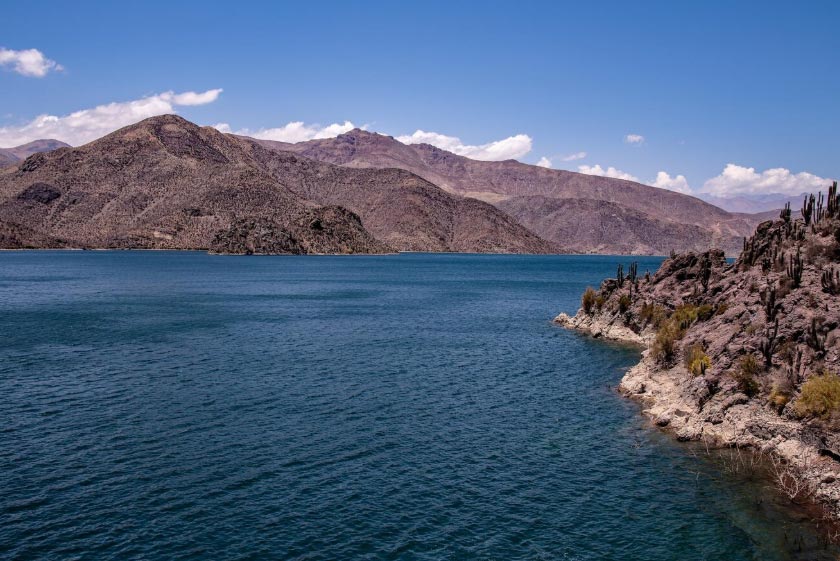 Import News
Import News
 2023-07-18
2023-07-18
Peru is known for its diverse range of exports, including agricultural products, minerals, textiles, and more. As a country engaged in international trade, Peru's exporters must navigate various regulations and restrictions imposed by importing countries. In the case of imports to Peru, it is essential to understand if there are any specific regulations or restrictions imposed by the USA.
In this article, Tendata will explore the potential regulations and restrictions that Peruvian exporters need to consider when exporting goods to the USA. Understanding these requirements is crucial for ensuring compliance and facilitating smooth trade relations between the two countries.

Tariffs and Customs Duties:
One of the key considerations for Peruvian exporters to the USA is the imposition of tariffs and customs duties on imports to Peru. The USA maintains a complex tariff schedule, which varies depending on the specific product being imported. Peruvian exporters must carefully determine the applicable tariff rates for their goods and ensure compliance with the USA's customs regulations. It is crucial to accurately classify the products according to the Harmonized System (HS) codes to determine the correct tariff rates.
Sanitary and Phytosanitary (SPS) Measures:
To protect human, animal, and plant health, the USA implements sanitary and phytosanitary measures on imports to Peru. Peruvian exporters need to ensure compliance with these measures, which may include regulations related to food safety, animal health, and plant health. Exporters must adhere to the USA's standards and requirements regarding labeling, packaging, and documentation to demonstrate that their products meet the necessary health and safety standards.
Technical Barriers to Trade (TBT):
The USA may impose technical barriers to trade that aim to protect consumers, the environment, or national security. These barriers can include product standards, labeling requirements, certification procedures, and more. Peruvian exporters should familiarize themselves with the relevant regulations and standards in the USA and ensure their products meet the necessary requirements. This may involve obtaining certifications, conducting testing and inspections, and complying with specific labeling or packaging guidelines.
Import Licensing and Documentation:
Certain products imported to Peru may require import licenses or specific documentation to enter the country. Peruvian exporters should verify if their goods fall under any licensing requirements and ensure that all necessary permits and documentation are obtained before shipping. This includes providing accurate and complete customs declarations, invoices, certificates of origin, and other relevant documents as required by the USA's customs authorities.
Trade Agreements and Preferential Treatment:
Peru and the USA have a bilateral trade agreement called the United States-Peru Trade Promotion Agreement (PTPA). This agreement provides preferential treatment and tariff reductions for imports to Peru of eligible goods from the USA. Peruvian importers should familiarize themselves with the provisions of the PTPA and determine if their imported products qualify for preferential treatment. Compliance with the agreement's rules of origin is crucial to benefit from tariff preferences.
Conclusion:
Peruvian exporters seeking to export goods to the USA must navigate various regulations and restrictions imposed by the importing country. Tariffs and customs duties, sanitary and phytosanitary measures, technical barriers to trade, import licensing requirements, and trade agreements are some of the key factors that Peruvian exporters need to consider when exporting goods to the USA. It is essential to stay updated on the specific requirements and regulations imposed by the USA and ensure compliance to facilitate smooth trade and maintain positive trade relations between Peru and the USA. By understanding and adhering to these regulations, Peruvian exporters can successfully navigate the complexities of international trade and expand their market reach.
Category
Leave Message for Demo Request or Questions


 T-info
T-info T-discovery
T-discovery

 My
Tendata
My
Tendata Market Analysis
Market Analysis Customer
Development
Customer
Development Competitor
Monitoring
Competitor
Monitoring Customer Relationship
Customer Relationship



















